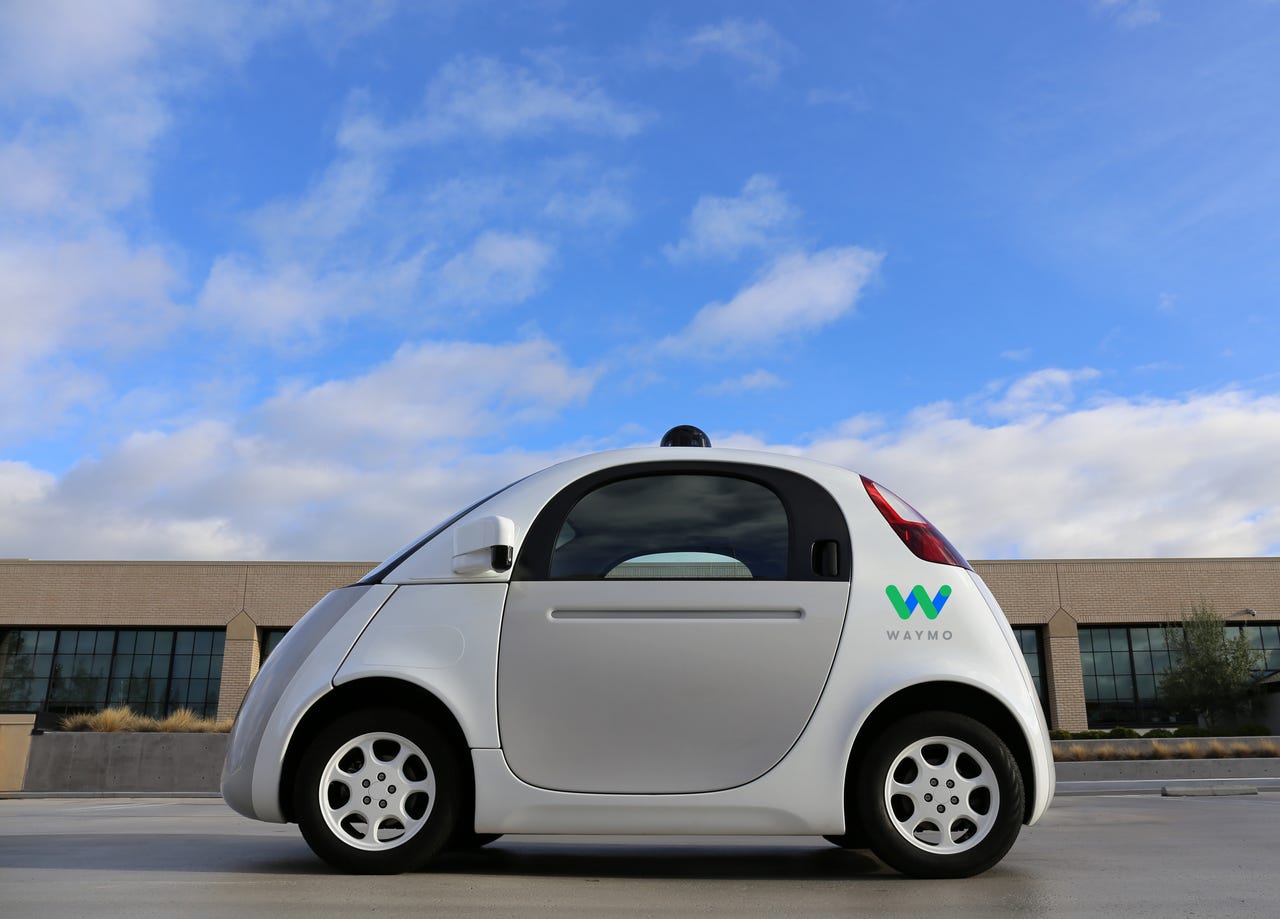Google's self-driving car unit spins off as Waymo


Waymo launched as a standalone company after nearly eight years as part of the Google X research unit.
Google's self-driving car project is launching as an independent business, called Waymo, under Alphabet, Google's parent company.
Waymo stands for "a new way forward in mobility," John Krafcik, the project's chief executive, explained in an introductory blog post.
After seven years as part of the Google X research unit, Waymo has accumulated the equivalent of more than 300 years of human driving experience, largely on city streets. It's also driven around 1 billion simulated miles in 2016 alone.
"We believe that this technology can begin to reshape some of the ten trillion miles that motor vehicles travel around the world every year, with safer, more efficient and more accessible forms of transport," Krafcik wrote. "We can see our technology being useful in personal vehicles, ridesharing, logistics, or solving last mile problems for public transport. In the long term, self-driving technology could be useful in ways the world has yet to imagine, creating many new types of products, jobs, and services."
The company achieved a major milestone in October 2015, he noted, when one of its vehicles took a legally blind passenger on the world's first fully- utonomous car ride. The vehicle took Steve Mahan, who hadn't been alone in a car in 12 years, through the Austin suburbs in regular traffic. Up until that point, all other self-driving cars on the road had drivers on board.
Waymo is now test driving in four cities -- Austin, Texas, Mountain View, Calif., Phoenix, Ariz., and Kirkland, Wash., -- and has nearly 60 vehicles on public roads. It's developed three generations of self-driving vehicles and has a fourth one on the way.
While it's developed its own vehicles, the company has partnered with Fiat Chrysler to develop a fleet of self-driving minivans. Bloomberg reported Tuesday that the two companies will be expanding their partnership to launch a ride-sharing service. In August, the Google car project hired former Airbnb executive Shaun Stewart, whose experience building the marketplace for short-term rentals could be valuable in the emerging mobility-as-a-service ecosystem.
The potential of the self-driving vehicle market has attracted traditional auto makers like Chrysler and Ford, as well as tech companies like Apple.